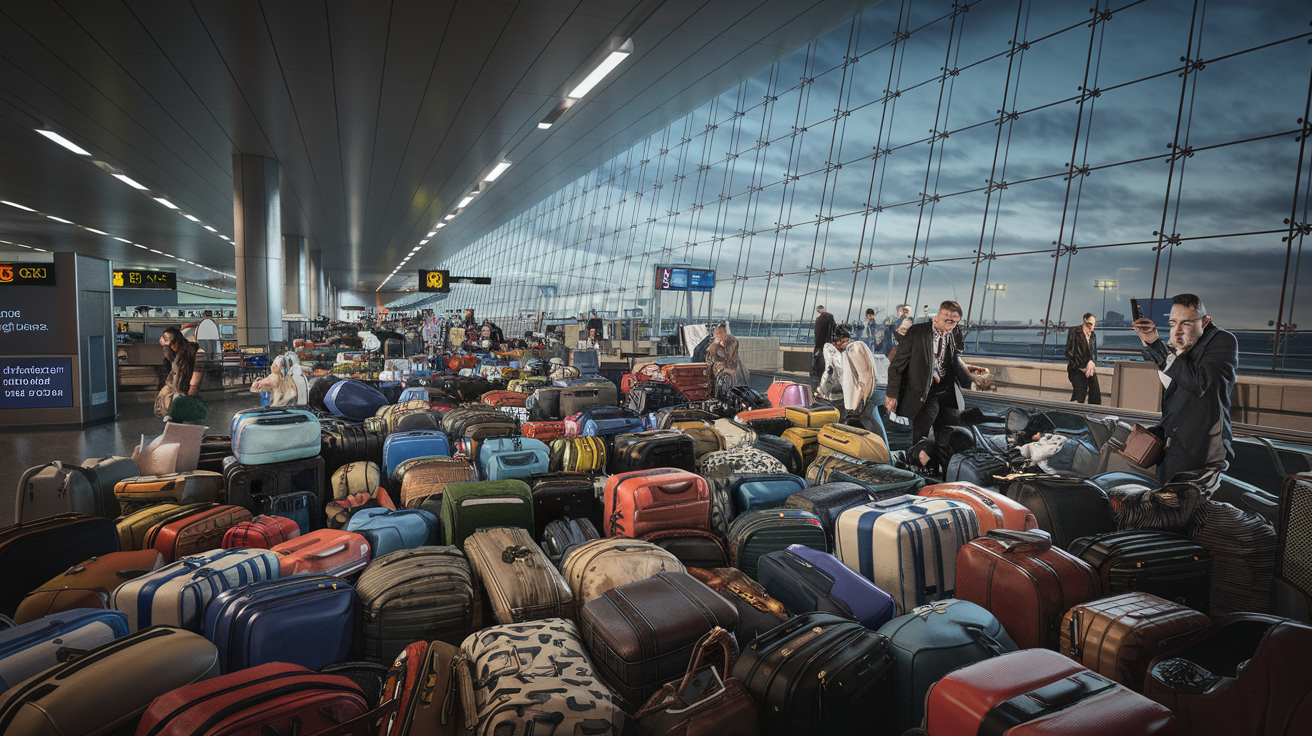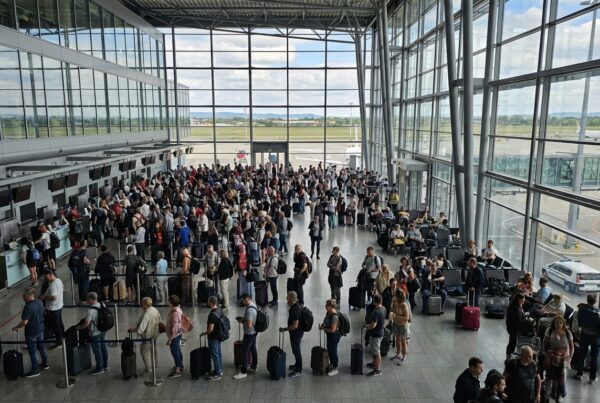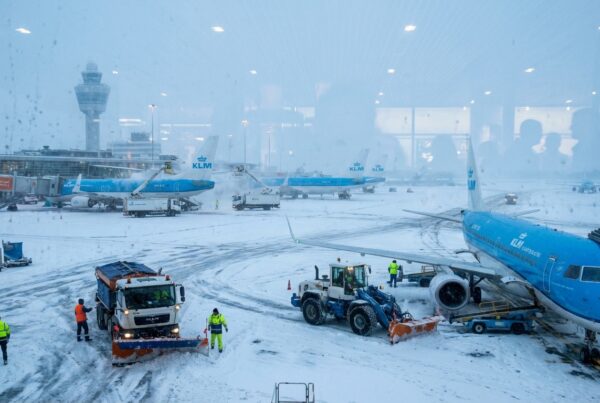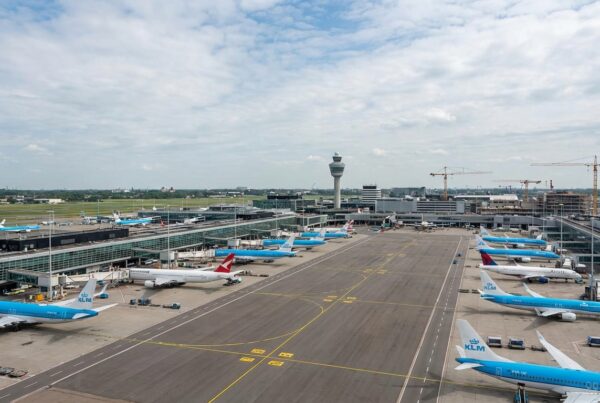In 2023, the world of aviation was marked by a significant increase in the number of lost luggage in the airportswith more than 36 million of lost suitcases. This situation is mainly due to the chaotic resumption of travel after the pandemic, combined with often inadequate logistics management. Although some companies have improved their tracking systems, the rate of mismanagement remains a cause for concern. Despite technological advances, every lost bag represents a major inconvenience for passengers, making efforts to improve the secure transit of personal effects essential.
Although air travel is becoming more and more frequent, the management of luggage continues to pose major challenges for airlines worldwide. In 2023, over 36 million pieces of baggage were lost or misdirected at international airports. This figure, while impressive, is part of a slightly downward trend compared to previous years. Efficient baggage management remains a top priority for airports and airlines alike.
Progress and efforts by airlines
The efforts made by airlines to improve their management of luggage have borne fruit. The baggage mishandling rate fell slightly, from 7.6 to 6.9 per 1,000 passengers. According to SITAThis progress is mainly attributed to the adoption of new technologies and better coordination between the various players in the airline industry. While progress is encouraging, further efforts are still needed to minimize the inconvenience of lost baggage.
Technologies and innovations
The adoption of new technologies is a crucial lever in the reduction of handling errors for luggage. Companies like Ryanair and Qantas have introduced real-time tracking systems, enabling passengers to locate their luggage via mobile applications. This innovation helps to reassure passengers and enhance their travel experience. However, many airlines have yet to integrate these solutions to achieve significant results.
Airports on the front line
Airports play a key role in the management and handling of luggage. In fact, Japan celebrated the 30th anniversary of Kansai airport's baggage loss-free operation, an exemplary achievement in the industry. Logistical improvements and better staff training are measures adopted at some airports to reduce baggage-related incidents. Initiatives such as the return to the 100 ml limit for liquids, implemented in European airports, also aim to reduce errors during hand baggage screening. These collective efforts demonstrate the importance of close collaboration between all players.
Impact on passengers
Lost luggage can turn a dream trip into a nightmare. Passengers are encouraged to report any disappearance to the assistance desks at the arrival airport. Travel insurance and airline compensation policies generally offer recourse, albeit limited. Practical advice, such as traveling light with a single piece of hand luggage, is also suggested to avoid such inconveniences. Flywest offers a range of tips for a worry-free trip.
Outlook for the future
Despite a significant drop in the number of misdirected baggage items, we still have a long way to go to achieve optimal baggage management. luggage. The continuing increase in air traffic will require airports and airlines to redouble their efforts to stay one step ahead. International cooperation, digital transformation and a commitment to customer satisfaction remain priorities that could hold the key to a future where lost baggage is a distant memory.

Comparison of lost luggage at airports in 2023
| Criteria | Information |
| Total number of lost luggage | 36 million |
| Mismanagement rate | 6.9 per 1,000 passengers |
| Change compared with 2022 | Better from 0,7 points |
| Airline companies | Managers |
| Arrival airport | Report loss |
| General trends | Continuous reduction |
| Europe 2022 | 9 million lost luggage |
| Main challenge | Chaotic resumption of traffic |
| Improvements noted | Baggage handling on the rise |
| Passenger confidence | On the rise |




